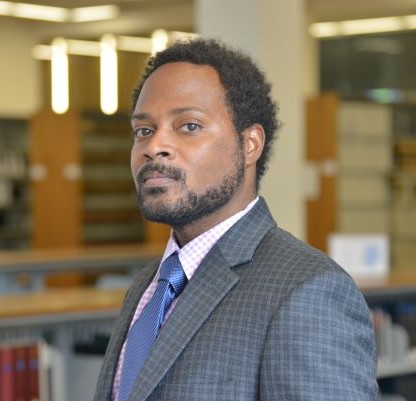 Sara Mayeux will join Vanderbilt Law School’s faculty as an assistant professor of law, starting in fall 2016.
Sara Mayeux will join Vanderbilt Law School’s faculty as an assistant professor of law, starting in fall 2016.
Mayeux is currently the Sharswood Fellow and a lecturer in law at University of Pennsylvania Law School. She holds a J.D. from Stanford Law School and earned her undergraduate degree in history, summa cum laude, at Princeton University, where she was also inducted into Phi Beta Kappa and received the Shapiro Prize for Academic Excellence. She is completing her Ph.D. in U.S. history from Stanford University. She was a law clerk for Judge Marsha S. Berzon on the U.S. Court of Appeals for the Ninth Circuit in 2012-13 and then was the Berger-Howe Legal History Fellow at Harvard Law School in 2013-14.
Mayeux’s doctoral dissertation, Poor Defenses: The American Legal Profession and the Problem of “Indigent Accused” in the Twentieth Century, addresses how the constitutional right to legal counsel came to be provided through public defenders’ offices. Her recent Columbia Law Review article, “What Gideon Did” (116 Columbia Law Review 15, 2016), chronicles the more recent portion of this story, addressing doctrinal and institutional changes inspired by Gideon v. Wainwright (1963), in which the Supreme Court recognized a constitutional right to a court-appointed lawyer in state criminal prosecutions.
Mayeux’s appointment was announced by Dean Chris Guthrie. “Sara Mayeux is a talented and promising scholar of criminal and constitutional law.She will be an important contributor to our Criminal Justice, Law and Government and Social Justice programs, and she will also add to Vanderbilt’s transinstitutional depth in legal history,” he said.
Mayeux became interested in the role of public defenders in the legal system while working as a summer intern for the San Francisco Public Defender after her first year of law school. “In a criminal courtroom, you see people grappling very concretely with all these big theoretical questions about liberty and rights and what the government can and can’t do,” she said. After working in the Federal Public Defender’s office in San Francisco after her 2L year, she considered a career as a public defender, but found herself drawn to historical questions. “I was very curious about how the institutions we have today came about—why we have public defenders, why they’re set up the way they are,” she said. “The San Francisco Public Defender dates back to the 1920s, but the Supreme Court didn’t require states to provide indigent defense until the 1960s. I realized I could combine my longstanding passion for history with my interest in criminal law and criminal defense to explore these questions.”
Mayeux will be affiliated with Vanderbilt’s Criminal Justice and Social Justice programs. She will teach Constitutional Law II and a legal history seminar.

